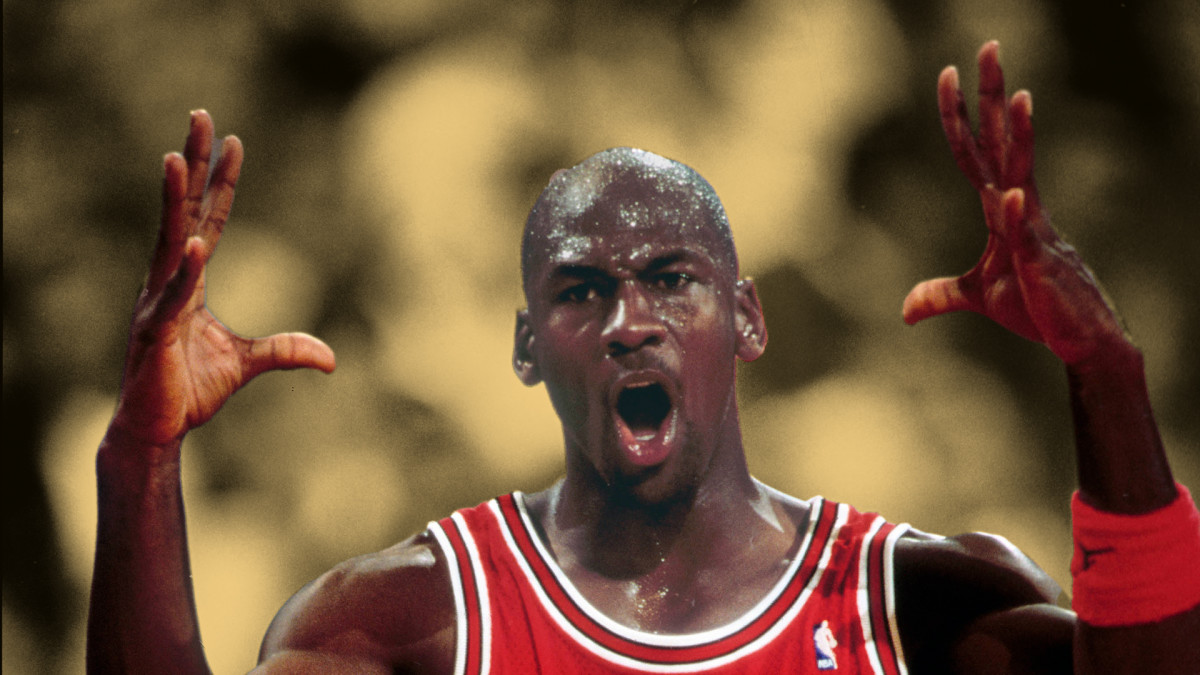Jordan's Unrivaled Hunger: Knicks Execs Recall His Legendary Drive

The End of an Era: Michael Jordan's Second Retirement and Its Lasting Impact
When Michael Jordan retired from the NBA for the second time in 1999, the basketball world was left reeling. For many fans, analysts, and even fellow professionals, it marked the end of an era defined by dominance, flair, and unparalleled competitiveness. While some lamented the departure of one of the sport’s greatest icons, others saw it as a chance for new talent to rise.
Among those who expressed disappointment over Jordan’s retirement was Dave Checketts, then an executive with the New York Knicks. He acknowledged that losing such a monumental figure was a significant blow to the league. “This guy is probably the most recognized man in the world,” Checketts said at the time. “To lose a star like that is a big hit.” Still, he believed it opened the door for younger players to step into the spotlight. However, Checketts also pointed out that no one had yet matched Jordan’s unmatched drive and ability to perform under pressure—traits that separated the all-time greats from the rest.
Why Jordan Walked Away
The circumstances surrounding Jordan’s final season were far from ideal. The Chicago Bulls, despite having the potential to secure more championships, were undergoing a major overhaul. General Manager Jerry Krause had decided it was time to rebuild, prioritizing youth over maintaining the existing core. This decision came even though the team still had enough firepower to contend for titles.
Adding to the tension was the strained relationship between Krause and head coach Phil Jackson. Krause made it clear he had no intention of retaining Jackson beyond the 1997–98 season, despite the coach’s instrumental role in the team’s success. With these dynamics at play, Jordan’s retirement became almost inevitable. Bulls executives anticipated his decision, marking the end of an iconic chapter in franchise history.
A Comeback That Fell Short
Despite stepping away from the game, Jordan never truly left basketball behind. In 2001, he made a surprising return, this time with the Washington Wizards. However, this comeback wasn’t driven by a desire to reclaim his former glory—it was more about getting hands-on experience in player evaluation as part of his role in management. Jordan played two seasons with the Wizards, but it was evident that he was no longer the dominant force he once was.
Looking back, Jordan admitted that this return was something he regretted. At the time, he believed he was being innovative, trying to bridge the gap between management and on-court performance. Unfortunately, the strategy didn’t pan out. He realized that his approach to the game—and perhaps even the game itself—had evolved beyond what he could influence directly.
Inspiring Generations
Michael Jordan’s impact on basketball extends far beyond his playing days. His legacy inspired countless athletes, including Kobe Bryant and LeBron James—two names frequently mentioned in the ongoing debate over the Greatest of All Time (GOAT). Both players have credited Jordan as a key influence in shaping their careers and approaches to the game.
While each generation of stars brings its own style and strengths, there remains a consensus that Jordan set the standard for excellence, competitiveness, and global appeal. His career laid the foundation for modern basketball, influencing not only how the game is played but also how athletes market themselves and engage with fans around the world.
Post a Comment for "Jordan's Unrivaled Hunger: Knicks Execs Recall His Legendary Drive"
Post a Comment